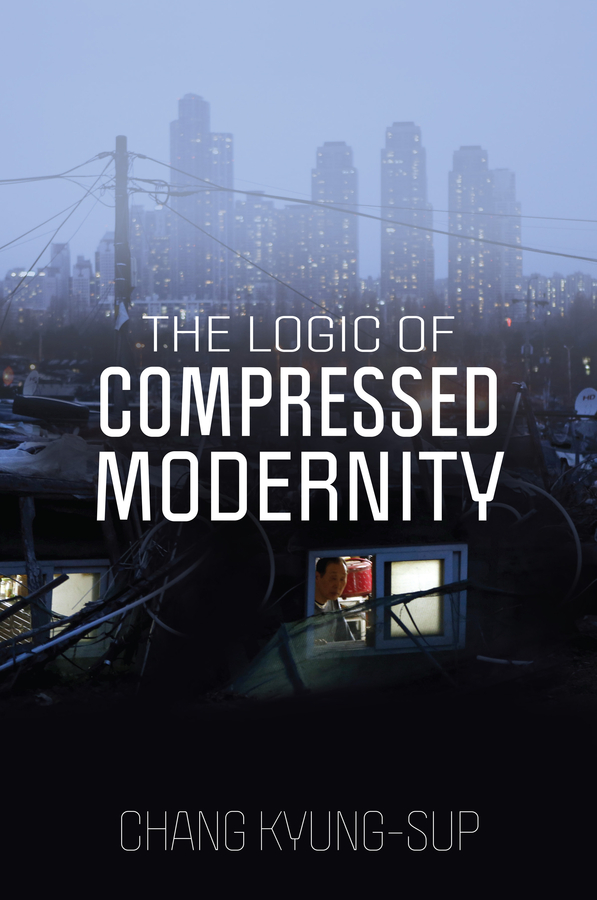<p>Most theories of modernity are based, explicitly or implicitly, on the development of Western societies since the late medieval period and they generally assume that modernization was a process that took place over several centuries. But these theories are of limited value for understanding the development of societies in Asia and other parts of the world where the process of modernization took place under different circumstances and often in a rapid and highly compressed fashion – not over centuries but in decades. Asian societies have been propelled into modernity too, but theirs is a compressed modernity which displays very different traits.</p> <p>In this important book, Chang Kyung-Sup provides a systematic account of this “compressed modernity” and uses it to analyse the extreme social changes, complexities, and imbalances found in South Korea and other East Asian societies. For Chang, compressed modernity is a civilizational condition in which economic, political, social and cultural changes occur in an extremely condensed manner in respect to both time and space, and in which the dynamic coexistence of mutually disparate historical and social elements leads to the formation of a highly complex and fluid social system. While these changes enabled South Korea to modernize very quickly and achieve high levels of economic growth, they also created a society that is haunted by various developmental and civilizational costs, including endemic generational conflicts, overloaded family responsibilities, exceptionally high levels of suicide and very low levels of fertility. As with other societies that have experienced compressed modernity, the South Korean ‘miracle’ is replete with extreme and contradictory social traits.</p> <p>This original account of the nature and consequences of compressed modernity will be of interest to students and scholars of sociology, politics and development studies, as well as anyone interested in South Korea, Asia and postcolonial societies.</p>
Sale!
The Logic of Compressed Modernity
₹1,502.00
This book is currently not in stock. You are pre-ordering this book.




